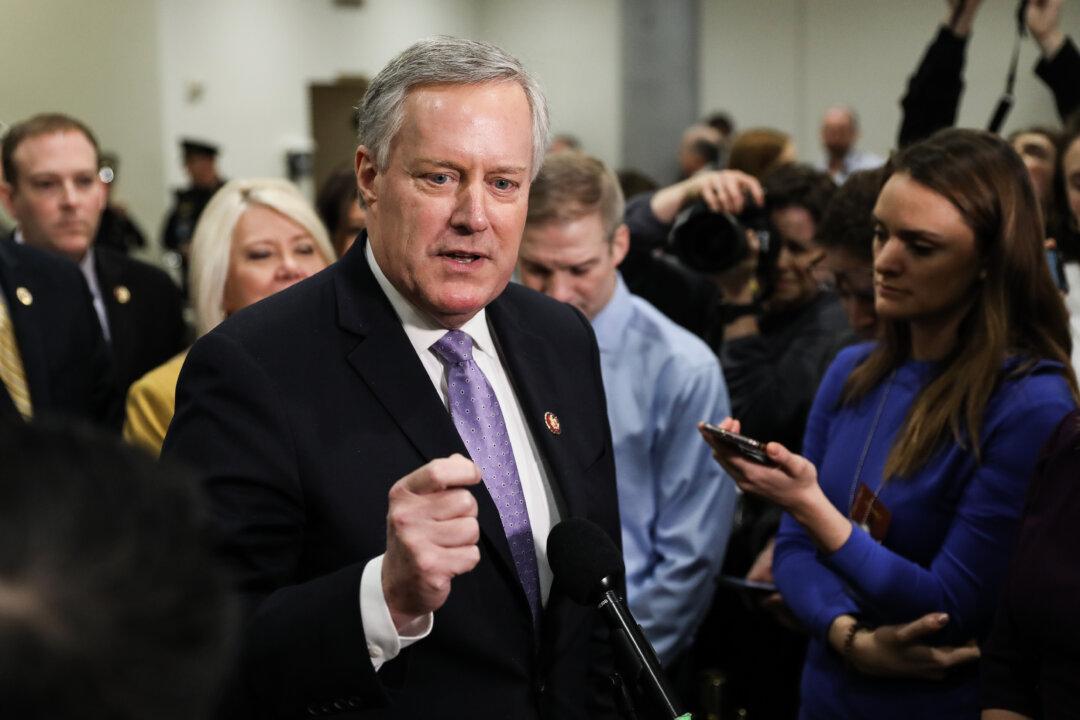Mark Meadows, the White House chief of staff, said negotiations between the Trump administration and both chambers of Congress will start Monday on stimulus legislation, setting up the possibility for another round of direct stimulus checks, expanded unemployment insurance, and small business safeguards.
“As we’ve started to engage with our Senate and House colleagues up on Capitol Hill, those will start in earnest starting tomorrow, Monday,” Meadows said in an interview on Sunday, adding that the meetings will occur on July 20 with “earnest” discussions.





